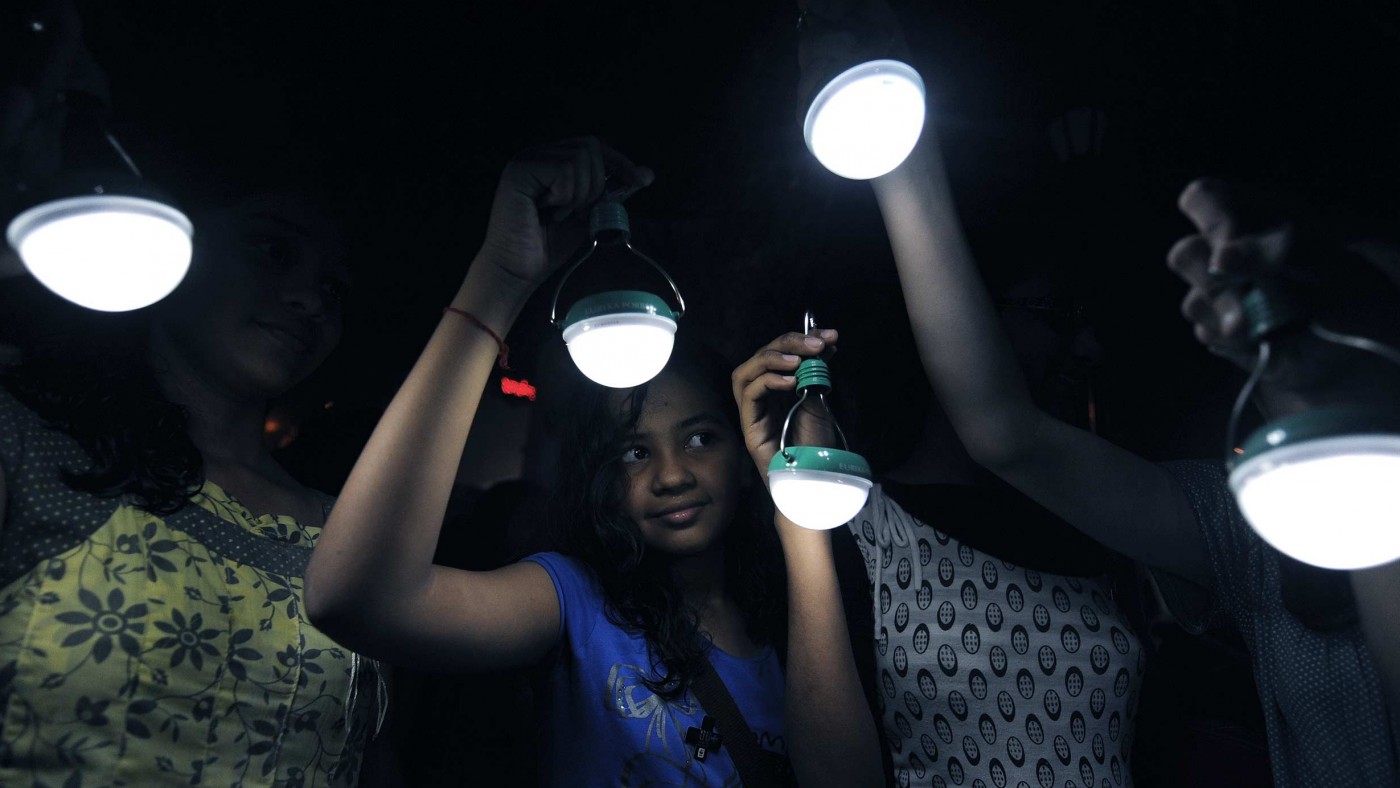Margaret Thatcher was the first leader of any major developed nation to call for a global treaty to address climate change in her speech to the UN in 1989. As a Conservative, and a professional scientist, she recognised the dangers of idleness and the advantages of acting sooner rather than later. She also wouldn’t have been ignorant of the huge business opportunity it would create.
If climate change becomes a political football kicked hardest by the left then finding solutions will be much more difficult to achieve – and opportunities for enterprise may be missed. Some form of regulation and state involvement will be necessary in tackling such a complex, international problem, but a McCarthy-esque obsession with seeing a communist plot in every climate solution obscures the huge potential for enterprise in creating a cleaner and greener planet.
In Britain, despite mixed signals from lawmakers, the green economy has grown at a rapid rate since the crash of 2008, outstripping the rest of the UK. In 2012, the last time it was measured, the sector was worth £128bn and employed a million people – more than the motor and telecoms industries combined. When compared with the flailing North Sea oil industry and the uncertainty over fracking in the UK, which are both at the mercy of the volatile oil price, Britain’s money making green business sector is something which should be celebrated and encouraged.
There are also green business success stories to be found in more unlikely parts of the world. Due to the historic fossil fuel profligacy of industrialised nations, the developing world will need to tread a different development path if we’re to keep global emissions in check. Some NGOs are embracing the power of enterprise to encourage this essential low-carbon development.
In Mali, local entrepreneurs are achieving the trifecta of helping tackle climate change, making a tidy profit in the process and enabling other enterprises to grow. Kariba Kone runs the aptly named Boutique Énergétique, or ‘energy shop’, selling solar powered lamps, solar panels and solar chargers. Set up with the help of Christian Aid the shop is a boon for the people of Garalo village, which is noticeable for its distinct lack of electricity pylons. This part of rural Mali is the land of round mud huts and corrugated iron roofs.
Kariba has a hit on his hands with his best-selling D Light S 300 solar lamp. “It helps people get rid of the darkness,” he explains proudly. “They are easy to use, to move around, to take from place to place without any difficulties. And you don’t need to buy batteries, candles, petrol or kerosene to make them work. There is no risk of getting burnt.
The energy shop has also spawned a number of spin off enterprises with its handy solar powered phone chargers. In much of rural Africa, mobile phones are already a communication essential but like everywhere else in the world, keeping them charged up has become one of the rituals of modern life. In the more remote villages surrounding Garalo, opportunistic entrepreneurs have bought solar powered phone chargers from the energy shop and charge their neighbours for the privilege of keeping their mobiles from running out of juice.
Elsewhere in Garalo, tailor Isoumaila Kayate has bought two lamps from the shop in order to allow him to work into the night to fulfil orders for Ramadan, one of the busiest times of the year. “If you want to have a successful business you need electricity,” he said.
In the same way that mobile phones in Africa have leapfrogged old landline technology, renewable energy has the potential to do the same with fossil fuel powered energy grids – and businessmen like Kariba are cashing in on the opportunity. There are now five such shops in the region, serving up to 10,000 people with clean energy. Thanks to microfinance provided by Christian Aid partner Nyetaa Finance, even the poorest people can get on to the ‘energy ladder’, starting with a simple item like a solar light. This builds trust in alternative technology, encouraging them to progress on to more complex products like solar home systems.
Considering the abundance of available solar energy in Africa and improvements in storage technology, the unenviable task of hooking up remote parts of the continent with centralised dirty energy providers seems ever more cumbersome.
Last year saw the publication of the New Climate Economy report, backed by the likes of Shell Chairman Chad Holliday, Unilever CEO Paul Polman and former Mexican President Felipe Calderon, which showed how addressing climate change could be a boost rather than a brake on economic growth. The findings highlighted the financial savings and environmental benefits of better spending the $90 trillion the world will invest in infrastructure, agriculture and energy systems over the next 15 years. For example, by building better connected, more compact cities over $3 trillion could be saved in investment costs and produce cleaner more pleasant places to live.
Tackling the climate problem will need solutions from across the political spectrum. As well as good regulation and international agreements which set a level playing field, the private sector has a vital role to play and business leaders with vision will be at the forefront.
In every crisis there is opportunity and there is money to be made from this one for those savvy enough to see it.


